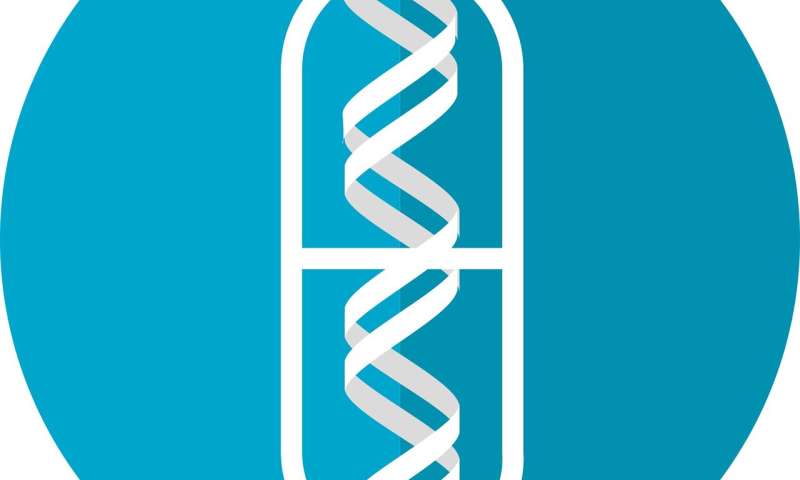
Chimeric antigen receptor T-cell therapy, or CAR T, has become a game changer for lymphoma and leukemia patients who have relapsed or become resistant to previous treatments. The therapy uses a patient’s own immune cells that are re-engineered in the lab to seek out and kill cancer cells when infused back into the patient. Yescarta (axicabtagene ciloleucel) was the first CAR T-cell therapy approved for the treatment of adults with large B cell lymphoma. The pivotal ZUMA-1 clinical trial that led to its approval showed that 83% of patients responded to the therapy, with 58% having a complete response. But clinical trials often have stringent eligibility criteria and the outcomes observed may not match what physicians see in a real-world clinical setting.
Moffitt Cancer Center organized a consortium of 16 cancer treatment facilities across the U.S. that offer Yescarta as a standard-of-care therapy for patients with relapsed/refractory large B cell lymphoma. They wanted to determine if the safety and effectiveness seen in the ZUMA-1 clinical trial were similar for patients treated with the now commercially available CAR T therapy. Their findings were published in the Journal of Clinical Oncology.
The consortium pooled retrospective data on 298 patients who completed apheresis, the process to remove a patient’s T cells, with the intent of having Yescarta manufactured and administered. It is important to point out that of this group, 129 patients (43%) would not have qualified for CAR T-cell therapy based on the ZUMA-1 comorbidity eligibility criteria. Overall, 275 patients (92%) received a Yescarta infusion. In the ZUMA-1 trial, 108 patients received Yescarta.
“Our analysis found that the overall response rate of 82%, and estimated 12 month durable response rate of 47%, for our group of patients compared favorably to the ZUMA-1 trial results,” said Frederick Locke, M.D., corresponding author of the study and vice chair of the Department of Blood and Marrow Transplant and Cellular Immunotherapy and co-leader of the Immunology Program at Moffitt. “Durable response rates were encouraging even in patients with significant comorbidities, suggesting that patients need not meet ZUMA-1 eligibility criteria to benefit from axicabtagene ciloleucel.”
One adverse reaction that can occur following CAR T therapy is cytokine release syndrome (CRS). This occurs when a large number of cytokines, which are small proteins released by immune cells, are rapidly released into the blood. This can cause a patient to have a fever, increased heart rate, difficulty breathing and low blood pressure. In the ZUMA-1 trial, 11% of patients treated with Yescarta experienced severe CRS. However, in the commercial setting, that number was lower at 7%.
“We believe this observation is due to the greater use of tocilizumab and corticosteroids compared to ZUMA-1, in line with evolving practice patterns for toxicity management,” said Michael Jain, M.D., Ph.D., co-first author and assistant member of the Blood and Marrow Transplant and Cellular Immunotherapy Department at Moffitt.
Source: Read Full Article
